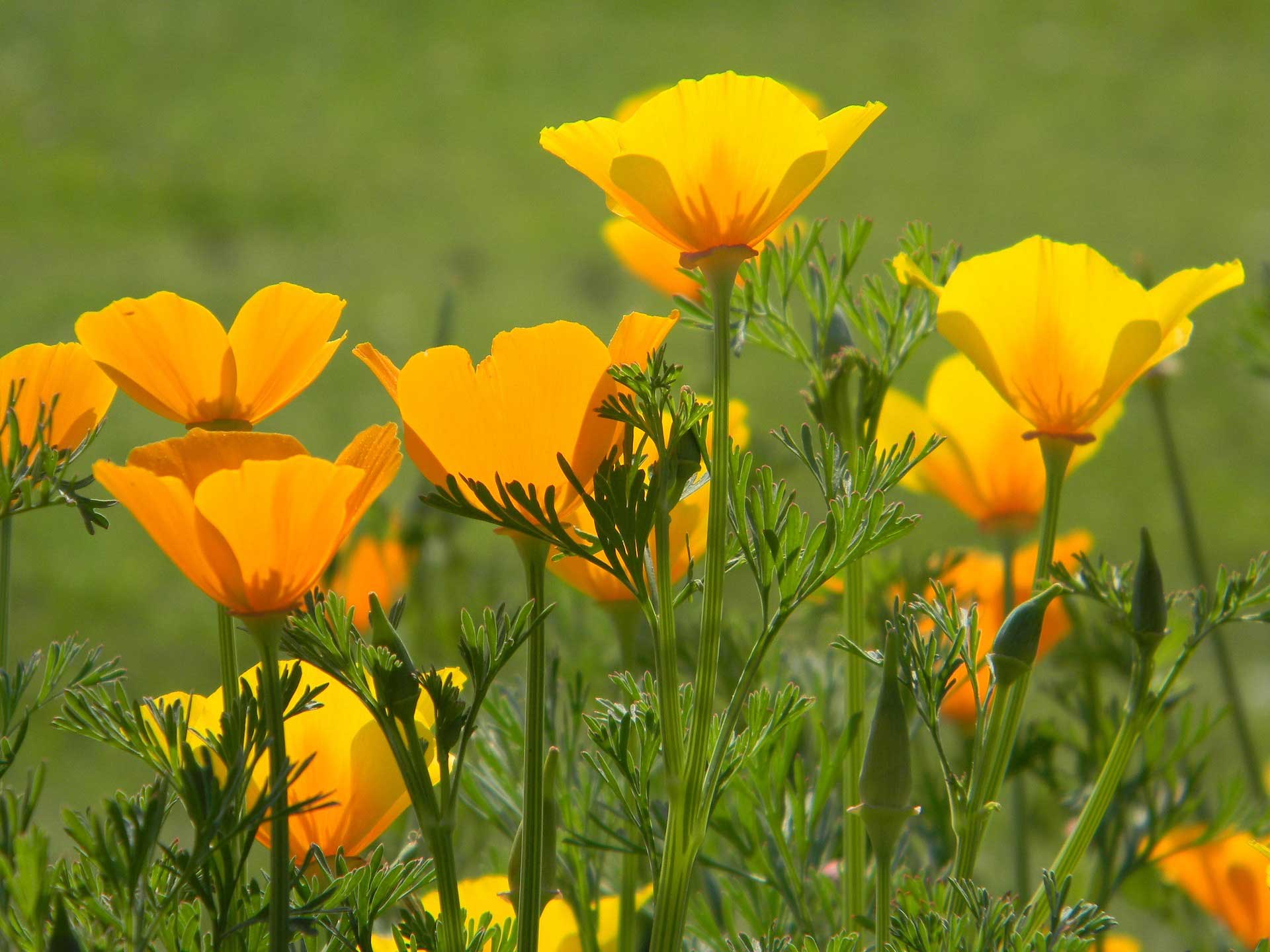 When we believe we’re faced with evil-doers, the spiritual attitude we need most to maintain our inner peace is Upeksha – even-mindedness.
When we believe we’re faced with evil-doers, the spiritual attitude we need most to maintain our inner peace is Upeksha – even-mindedness.
Government scandals, #MeToo, and Black Lives Matter – oh my! Civil war in Syria. Russian interference in our elections – true or false? Building the Wall. Rolling back environmental protections. The distance and tension between the conservatives and the liberals – let alone the United States and the rest of the world – has never been so great, and it’s more difficult to find common ground and work together. Here where I live in the US, and around the world, we are living in challenging times.
Granted, you could probably argue that just about any time in history is challenging, but we certainly are getting an earful in the media these days. And I have noticed that it has been stressful and disturbing not only for myself, but for my clients and students as well.
Especially when we’re having a lot of judgment about it. Who’s right? Who’s wrong? Who’s good? Who’s bad? It has been all too easy lately to point fingers… that person, that position, that behavior is simply bad. Wrong. Even evil. If we aren’t careful, we can fall into righteous, polarizing attitudes.
Fortunately, yoga philosophy has an answer – not to “fixing” it all, but how to maintain some inner peace through tumultuous times. Even when we believe we’re faced with no-good scoundrels.
That answer – the spiritual attitude to practice when we believe we’re dealing with the opposite of virtuous – is Upeksha.
Upeksha is one of 4 principles or “attitudes” that Patanjali, the author of the Yoga Sutras, asserts will support you in maintaining inner serenity – even in the most challenging of situations. This attitude in particular is meant to be applied when you’re dealing with non-virtuous people.
We know that people we perceive as evil (whether they actually are or not) easily agitate us. They can incite anger, fear, resentment, and any number of other emotions and reactions that disturb our minds. Upeksha is the way out of all of those reactions.
And what is Upeksha? It’s a Sanskrit word for even-mindedness or equanimity. With this attitude, we’re reminded to stay in our center. Not to rush to judgment or action, but to sit in the balance point, observe and consider. What is going on here? Are there other ways of looking at this situation? What is the best course of action in response?
By maintaining an attitude of Upeksha, we stay calm and composed, which allows us to make better decisions when we’re faced with a serious dilemma.
Upeksha used to be translated as indifference, but which is very misleading. It makes us yogis sound like we’re callous, uncaring, and cold. Upeksha is none of that. As Georg Feuerstein said of the Sanskrit term in his treatise, The Yoga Sutras of Patanjali, “It does not stand for mere ‘indifference’… but is denotative of a more subtle and positive attitude, namely a dispassionate but nonetheless empathic witnessing of mundane events.”
This is equanimity – an evenness of mind even under duress. Even under frightening, angering, anxiety-provoking situations. It calls in our Inner Witness, the part of ourselves that can stand back and observe both the “wrong” that we perceive being done, the “bad” people we believe are doing it, and our own reactive emotions all from a little distance so we can have a clearer perspective.
Upeksha integrates all of this, plus what Feuerstein names as empathy. Where we try to have a greater understanding of the people, the situation, and the course of events.
We are called upon to practice Upeksha through these challenging times. To step back and consider the larger context in which this all plays out. We are at a pivotal point in our evolution as human beings, as societies, as nations, and as One Planet. We are seeing the shadow emerging around us and even within us, to be illuminated and transformed in the light of Truth.
It is important to practice Upeksha as we witness these historical events on our planet to discern our course of action. What right action, as the Buddha might say, within me arises from my Inner Witness in response to what I am seeing? What right action arises, as the Taoist might assert, from nature and my Divine Nature itself? What response wants to come forth from within me to encourage healing, rectification, cooperation, and harmony – rather than the tendency for us all to react, point fingers, blame, and spiral into unending conflict?
Furthermore, it’s also time for us to practice Upeksha with our own selves. For we know that every action has an equal and opposition reaction. If we are harsh in our judgments of others, then we most certainly will be harsh on ourselves when we judge that we, too, have done something less than ideal. How many of us hold deep shame and self-blame for our mistakes?
 Upeksha has us look in the mirror with even-mindedness and empathy, knowing that we, too, have erred. By maintaining equanimity with ourselves, we embrace that we are human, can be forgiven (or perhaps we were never bad in the first place?), and take actions in our self-care to prevent further indiscretions – and further self-judgment.
Upeksha has us look in the mirror with even-mindedness and empathy, knowing that we, too, have erred. By maintaining equanimity with ourselves, we embrace that we are human, can be forgiven (or perhaps we were never bad in the first place?), and take actions in our self-care to prevent further indiscretions – and further self-judgment.
Whether looking out at the events of the world, in our relationships with others, or with our own self, whenever we believe that we are dealing with someone we judge as “bad”, it’s time to remember Upeksha.
Pause, and take a step back. Witness with equanimity; consider the big picture and the highest good for all. Practice empathy, understanding both the perpetrator and the victim. Then, choose the response from within that feels aligned with the Divine, whether that is marching in a demonstration, speaking your truth, holding a hand, or engaging in prayer. Upeksha can help you to maintain your inner peace, even in the midst of strife.
Copyright @ 2018 by Rev. Connie L. Habash (originally published in the May 2018 newsletter for World AWAKE – an Interfaith Community.

 When we believe we’re faced with evil-doers, the spiritual attitude we need most to maintain our inner peace is Upeksha – even-mindedness.
When we believe we’re faced with evil-doers, the spiritual attitude we need most to maintain our inner peace is Upeksha – even-mindedness.





